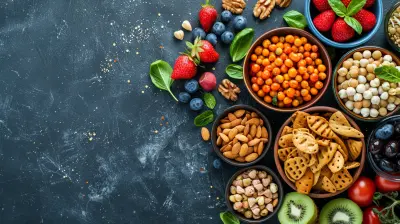Probiotics vs. Prebiotics: What's the Difference and Why it Matters
1 August 2025
Have you ever wandered down the supplement aisle and been stopped in your tracks by the words "probiotics" and "prebiotics"? Don’t worry; you’re not alone. These terms often get tossed around in health conversations, and while they sound similar, they serve very different purposes in your gut's ecosystem.
Think of your gut as a bustling city—probiotics are the helpful citizens working tirelessly to maintain order, while prebiotics are the fuel and food that keep those citizens thriving. Intrigued? Let’s dive deeper into the nitty-gritty of what sets these two apart, why they're important, and how you can benefit from incorporating them into your lifestyle.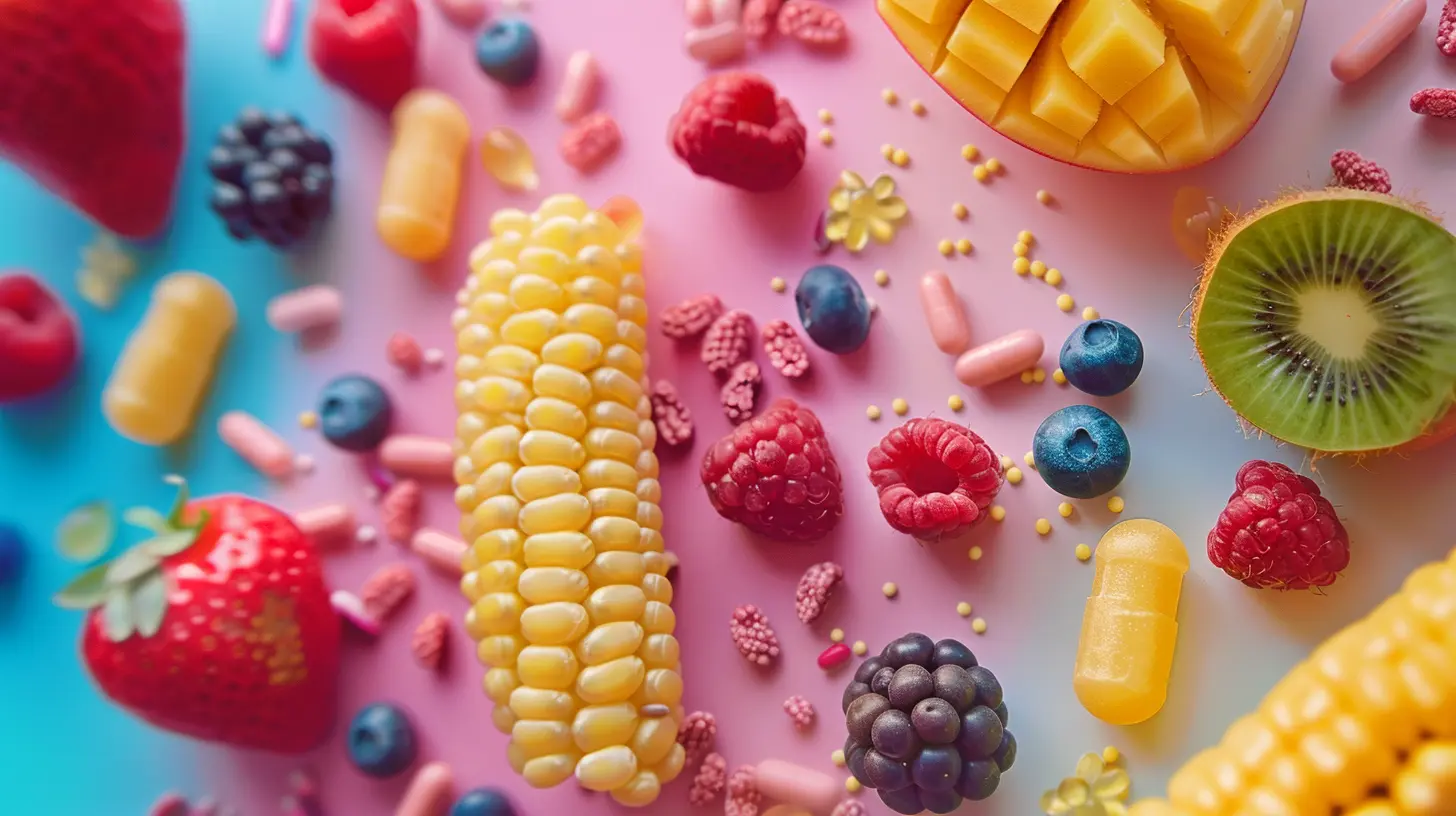
What Are Probiotics?
Let’s start with probiotics. Simply put, probiotics are live, beneficial bacteria and yeasts that naturally live in your body. Yep, your gut is home to trillions of microorganisms, some helpful and some... well, not so much.Think of probiotics as the good cops of your gut microbiome. They help fight off harmful bacteria, boost your immune system, and keep your digestive system running smoothly. Without them, chaos would ensue (hello, bloating and indigestion!).
Common Sources of Probiotics
Probiotics can be found in a variety of fermented foods, such as:- Yogurt: Look for options labeled "live and active cultures."
- Kefir: A tangy, fermented milk drink packed with gut-friendly bacteria.
- Sauerkraut and Kimchi: Fermented cabbage dishes that add a tasty, probiotic punch.
- Kombucha: That fizzy tea drink your hip friend swears by? It’s fermented and loaded with probiotics.
- Miso and Tempeh: Common in Asian cuisine, these fermented soybean products are sneaky sources of probiotics.
How Do Probiotics Work?
Probiotics essentially act like reinforcements in your gut's battle against harmful bacteria. For instance, when you take antibiotics, those meds don’t just kill off the bad bacteria; they often wipe out your good bacteria too. This is where probiotics step in to restore the balance.They also produce substances like lactic acid that make your gut environment less appealing for harmful bacteria. It’s like inviting friendly neighbors to a block party while discouraging the rowdy ones from showing up!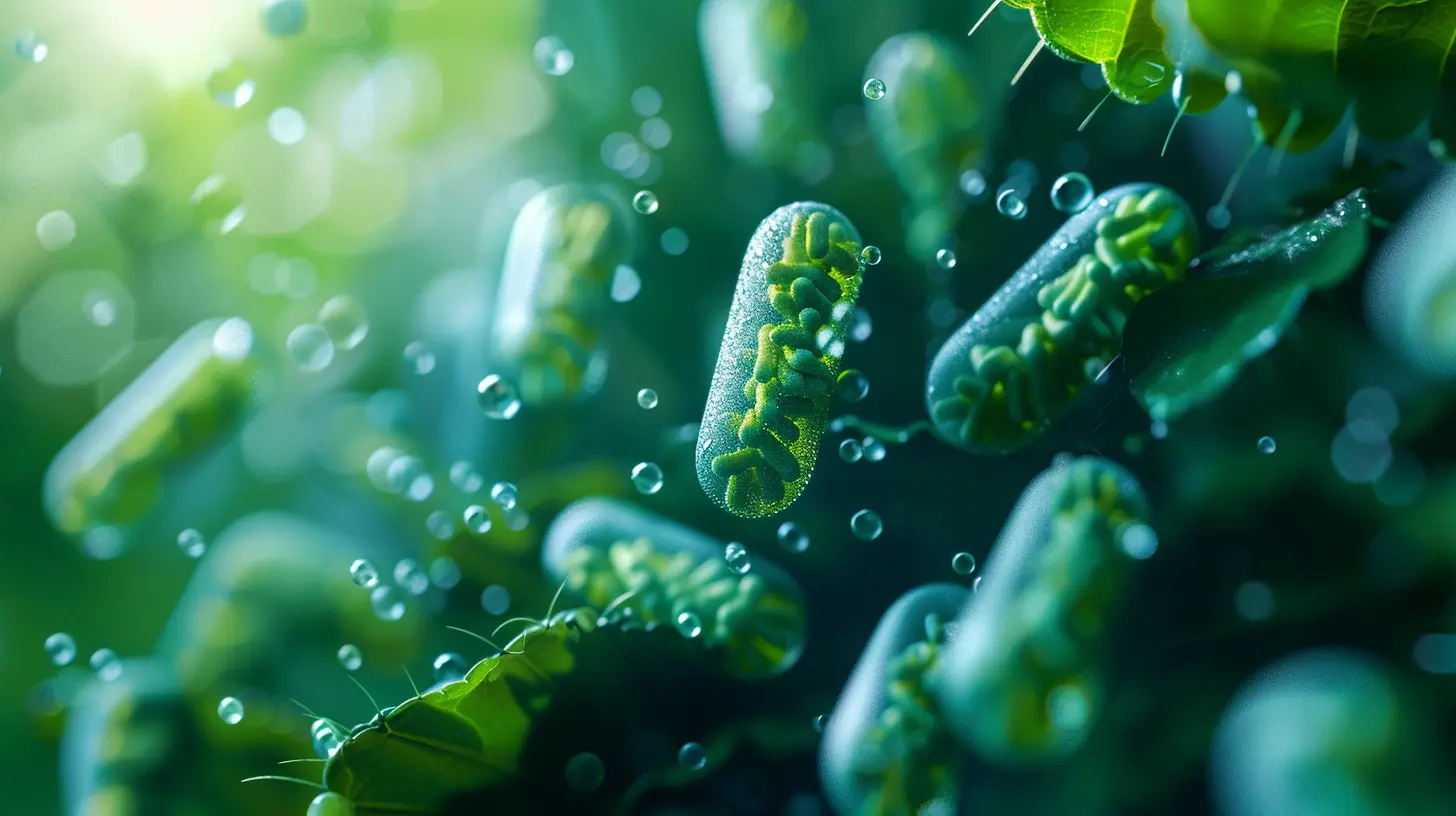
What Are Prebiotics?
Now, let’s switch gears to prebiotics. Unlike probiotics, prebiotics aren’t living organisms. They’re a type of dietary fiber that your body can’t digest—but don’t underestimate them. Prebiotics act as fuel for the probiotics in your gut. Without prebiotics, your probiotics would basically starve.Imagine probiotics as plants. They need water, sunlight, and nutrients to thrive. Prebiotics are essentially the water and nutrients that keep your gut’s good bacteria flourishing. In other words, probiotics and prebiotics are a match made in digestive heaven.
Common Sources of Prebiotics
You’ll find prebiotics in a variety of plant-based foods, including:- Bananas: Especially when they’re slightly green.
- Garlic and Onions: Not only flavor powerhouses, but also rich in prebiotic fibers.
- Asparagus: High in a prebiotic fiber called inulin.
- Oats: A fiber-packed breakfast staple with prebiotic benefits.
- Legumes: Lentils, chickpeas, and beans are prebiotic superstars.
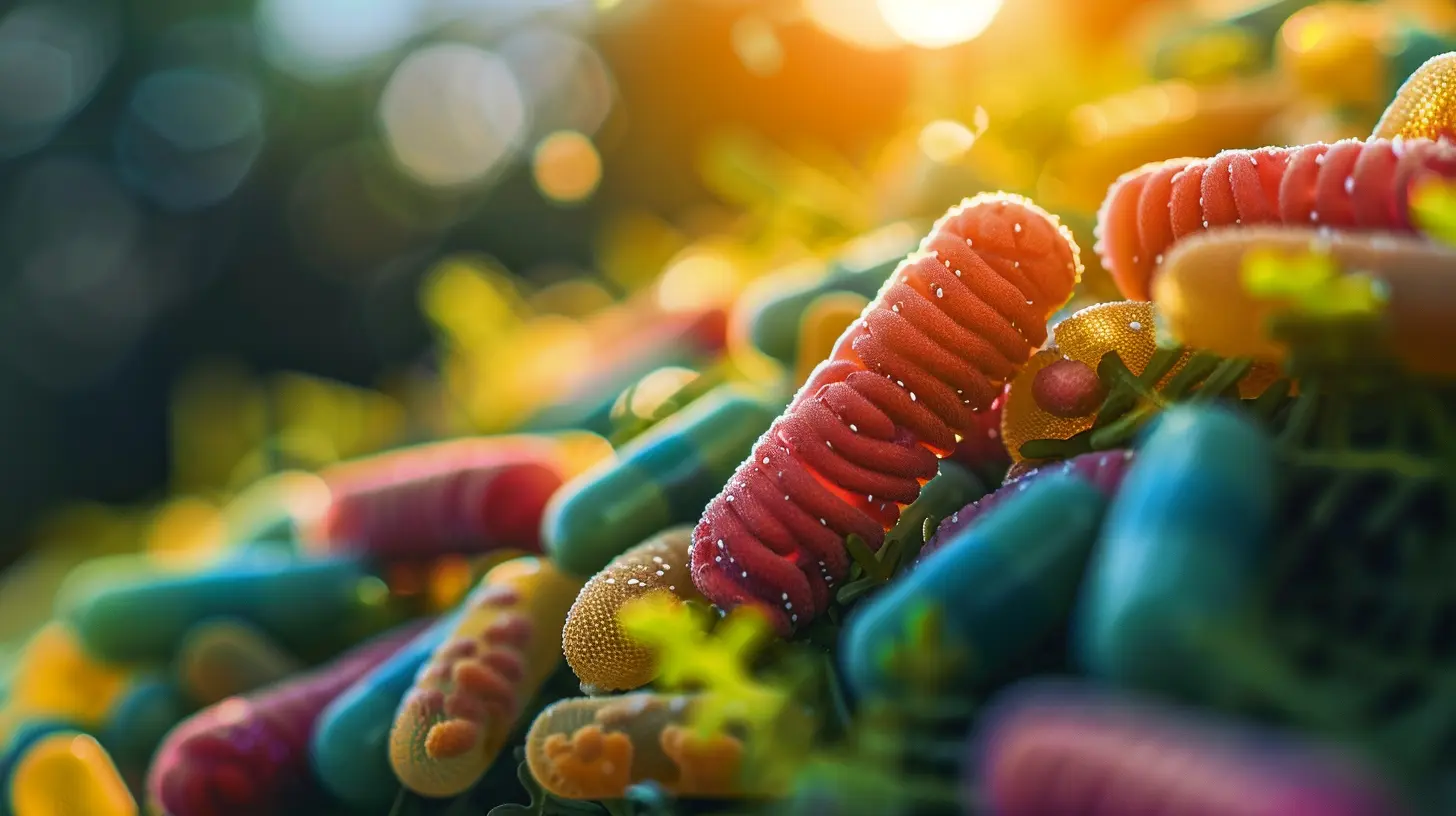
Probiotics vs. Prebiotics: What’s the Big Difference?
Alright, let’s cut to the chase. Here’s the main difference:- Probiotics are live organisms (bacteria and yeasts) that add to the population of beneficial microbes in your gut.
- Prebiotics are non-living fibers that act as food for those beneficial microbes, helping them grow and work effectively.
To put it another way, probiotics are like the seeds of a garden, while prebiotics are the fertilizer that helps those seeds flourish. You need both to cultivate a thriving ecosystem.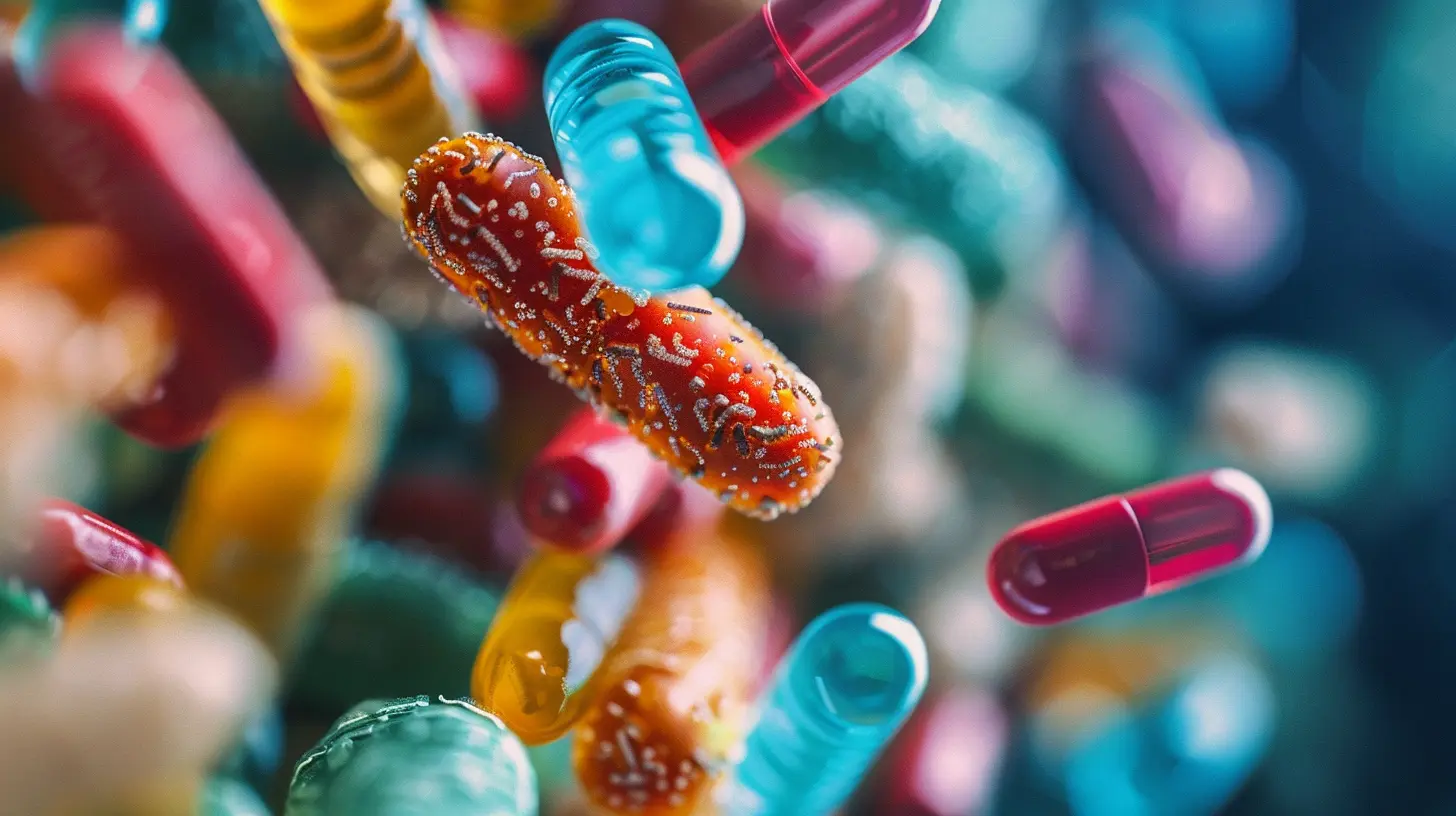
Why Do Probiotics and Prebiotics Matter?
You might be asking, "Why should I even care about my gut health?" Great question. Research shows that your gut doesn’t just regulate digestion; it plays a significant role in your overall health.A healthy gut microbiome has been linked to:
- Better Digestion: Fewer instances of bloating, gas, and constipation.
- Improved Immunity: About 70% of your immune system resides in your gut!
- Mood Regulation: Ever heard of the gut-brain connection? Yep, your gut health can influence your mood and even reduce symptoms of anxiety and depression.
- Weight Management: A balanced gut can help with metabolism and appetite control.
In short, taking care of your gut doesn’t just make your stomach happy—it can improve your overall well-being.
How to Combine Probiotics and Prebiotics for Optimal Gut Health
Let’s talk strategy. If probiotics are the seeds and prebiotics are the fertilizer, you want to make sure you’re getting both to create a healthy gut garden. Here’s how you can do it:1. Eat a Diverse Diet
Incorporate a mix of probiotic-rich fermented foods and prebiotic-rich plant-based foods into your meals. A breakfast of oatmeal topped with bananas and yogurt? That’s a perfect example.
2. Pair Them Together
Some foods naturally combine probiotics and prebiotics, like yogurt with fiber-rich fruits. This pairing is often referred to as "synbiotics" because they work synergistically to benefit your gut.
3. Consider Supplements
If you’re not getting enough probiotics or prebiotics from your diet, supplements can help. Look for high-quality options that specify the strains of bacteria (for probiotics) or the type of fiber (for prebiotics) they contain.
4. Stay Consistent
Gut health isn’t a one-and-done deal. It’s about long-term consistency. Make it a part of your lifestyle, and your gut will thank you.
Are There Any Risks?
Like with anything, balance is key. Taking too many probiotics can cause side effects like bloating or diarrhea, especially if your body isn’t used to them. Similarly, overloading on prebiotic fibers can lead to gas or discomfort.If you have a compromised immune system or specific medical conditions, talk to your doctor before diving into probiotics or prebiotics.
Wrapping It Up
Probiotics and prebiotics may sound like complicated jargon, but at the end of the day, they’re just tools to keep your gut happy and healthy. Think of them as teammates—probiotics bring in the manpower, and prebiotics provide the fuel. Together, they create a balanced gut microbiome that supports your digestion, boosts your immunity, and even positively impacts your mood.So next time you’re grocery shopping, don’t just grab that kombucha or yogurt—pair it with some bananas, garlic, or oats for the ultimate gut-friendly combo. Trust me, your body will thank you.
all images in this post were generated using AI tools
Category:
Gut HealthAuthor:

Jackson Mahoney
Discussion
rate this article
1 comments
Gianna Butler
This article effectively highlights the distinct roles of probiotics and prebiotics in gut health, emphasizing their complementary nature. However, it could further clarify how individual dietary needs influence their efficacy and the importance of consulting healthcare professionals before supplementation, ensuring a personalized approach to gut health.
August 22, 2025 at 2:28 AM

Jackson Mahoney
Thank you for your insightful feedback! I appreciate your suggestion to emphasize individual dietary needs and the importance of consulting healthcare professionals for personalized gut health strategies. I'll consider incorporating this in future revisions.


